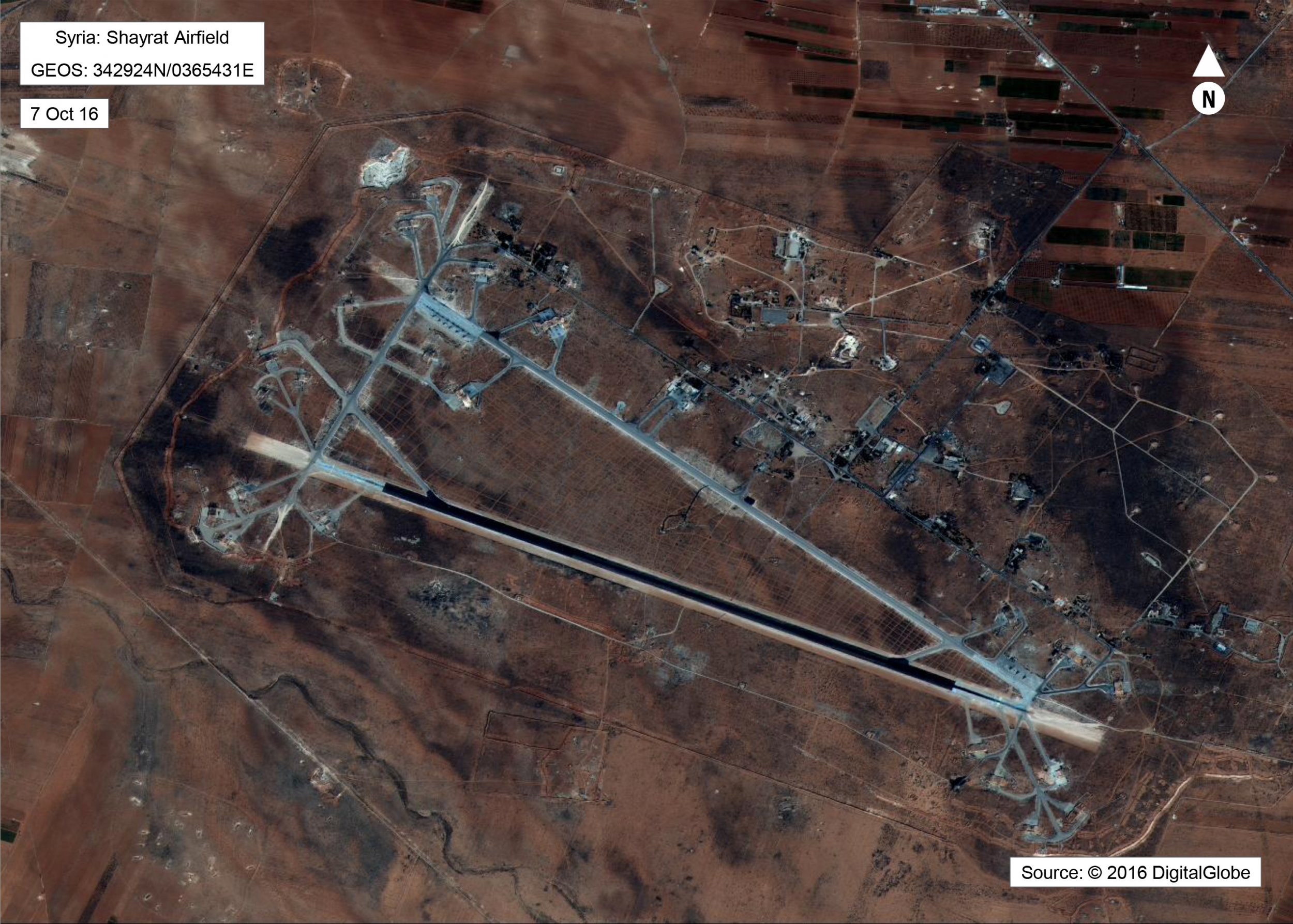
This article first appeared on the Cato Institute site.
With his decision to launch missile strikes against an airfield in Syria, President Donald Trump has apparently learned a lesson that eventually dawns on all American presidents, especially in the post–Cold War era: With great power comes great responsibility. I call it the power problem.
The power problem was encapsulated in an exchange between then–U.N. Ambassador Madeleine Albright and General Colin Powell, at the time the chairman of the Joint Chiefs of Staff:
What's the point of having this superb military that you're always talking about if we can't use it?
Relieved of the burdens to justify U.S. military actions solely on the basis of our own national security interests, U.S. presidents and the foreign policy elites who advise them have gone searching for other reasons to use force. There will never be a shortage of aggrieved parties pleading for help. There is, however, a shortage of countries willing to help.
U.S. military power and our willingness to use it have discouraged others from possessing power of their own. They can reasonably claim that they lack the capability to act.
The United States doesn't have that luxury. From the moment when a president arrives in the Oval Office, he possesses vast power and few constraints on how it is used.
Related: The risks of Trump's strike on Assad in Syria
Using it wisely requires tremendous discipline and a willingness to endure the criticisms of those who will accuse you of everything from callousness to mendacity—both when you act and when you refuse to do so.
Trump's repeated invocation of the doctrine "America first" suggested that he would not be swayed by such criticisms. And, in the past, he has suggested that the United States should not become involved in Syria's civil war. In September 2013, for example, Trump urged President Barack Obama via Twitter not to attack Syria.
But now, just 77 days into his presidency, he has created an inevitable rejoinder for every successive foreign policy crisis, anywhere in the world: "Mr. President, you struck Syrian government forces in April 2017. Why are you not striking [insert name of petty tyrant here] in response to equally grievous actions against [petty tyrant's people]?"
In his statement last night justifying the use of unilateral force against Bashar al-Assad's forces in Syria, President Trump explained, "It is in this [sic] vital, national security interest of the United States to prevent and deter the spread and use of deadly chemical weapons."
Related: Tel Aviv Diary: Israelis welcome Trump's missiles against Assad
It is a debatable point, and one that deserves to be debated. A new authorization for the use of military force would be a good place to start. There are risks, including conflict with nuclear-armed Russia. There are reasonable questions about what effect such strikes will have on Assad's capacity to carry out similarly brutal killing by purely conventional means.
And, lastly, having now introduced a very small increment of U.S. military power directly into the Syria conflict, some will wonder whether that signals a willingness to use much more.
Those who castigated Obama for refusing to intervene decisively in the Syrian civil war, including Senators John McCain and Lindsey Graham, hope so. The question is whether President Trump, in the face of all this uncertainty, will be able to resist the temptation to escalate.
If he succumbs, Americans could find themselves sucked into yet another elective military quagmire in the Middle East.
Christopher Preble is the vice president for defense and foreign policy studies at the Cato Institute. He is the author of The Power Problem: How American Military Dominance Makes Us Less Safe, Less Prosperous, and Less Free (Cornell University Press, 2009) and John F. Kennedy and the Missile Gap (Northern Illinois University Press, 2004). He co-edited, with John Mueller, A Dangerous World? Threat Perception and U.S. National Security (Cato Institute, 2014); and, with Jim Harper and Benjamin Friedman, Terrorizing Ourselves: Why U.S. Counterterrorism Policy Is Failing and How to Fix It (Cato Institute, 2010).
Uncommon Knowledge
Newsweek is committed to challenging conventional wisdom and finding connections in the search for common ground.
Newsweek is committed to challenging conventional wisdom and finding connections in the search for common ground.
About the writer
To read how Newsweek uses AI as a newsroom tool, Click here.





